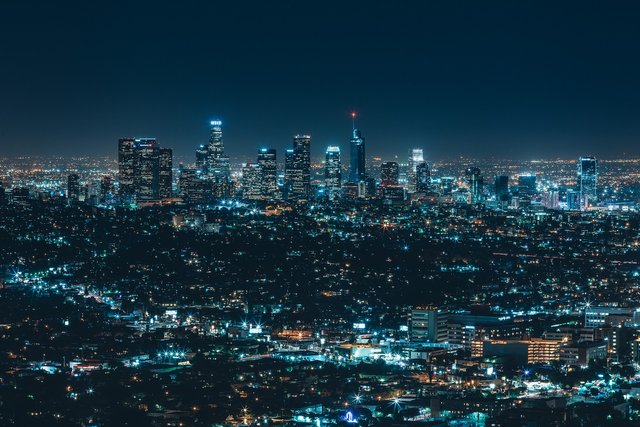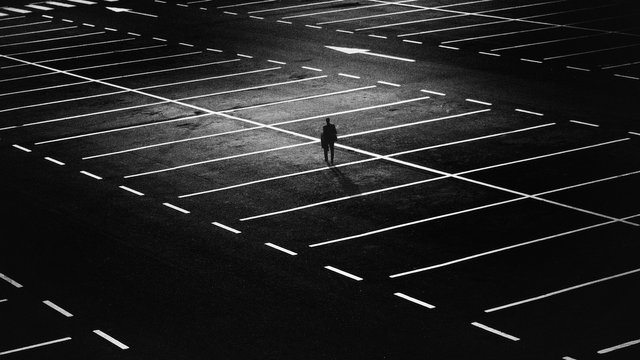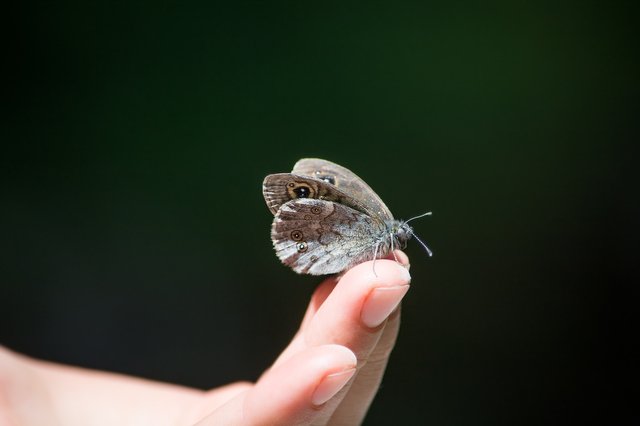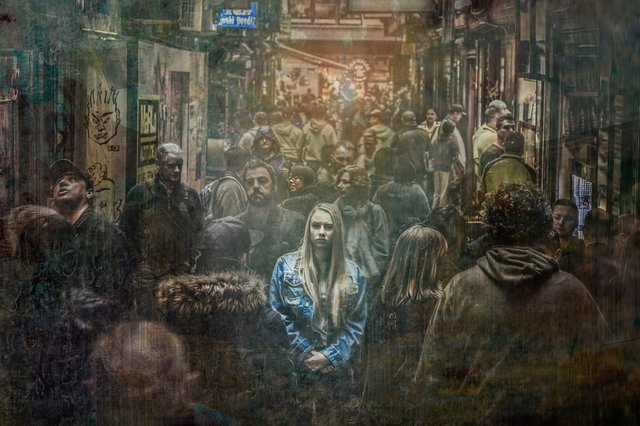Instincts against culture: a fair war
In the following article I will expose the meanings of two words, instinct and culture, in a broader way compared to the commonly used.
We often hear people speak of the instinct as some indefinite animal sense that orients, mainly, beings of other species to live relatively successfully in the wild; and of culture as certain kind of immaterial world built by humans, which expresses itself in our material world through intellectual and artistic products. I think those senses are accurate, but here I am going to use a more comprehensive version of themselves.
Under the common glance it seems that, for such definitions, normally culture represents something good, while instinct something possibly bad. According to moralists, one should not let oneself be guided by instinct... it's not virtuous. I know that in certain cases it can be so, but I also want to make visible the possible unworthy manifestations of culture and those virtuous manifestations of instinct. Moreover, I believe that it is very important for human beings to understand the natural opposition between the two phenomena.

img src
We normally associate instincts with our views of the animal life on our planet, but very few people fully understand the fact that we are animals as well: the human beast, one more creature in the multitude of species on Earth.
However, the general unconsciousness of this fact is not exclusive to the modern world. Since man lives in civilization he has been blinded about his own animality, his belonging to the set of species of our planet... to that which we call nature.

img src
Thus civilization contains a sort of blinding vapour that mentally distances men from their own nature, consequently developing social structures based directly on this oblivion. The more developed a civilization is, the further we are from our original existential status: our animal nature.
Obviously the instrument of this psychological denaturation is what we call culture: that gigantic immaterial building to which we cling frantically to convince ourselves that we are something higher than simple beasts.
There are one hundred and ninety-three living species of monkeys and apes. One hundred and ninety-two of them are covered with hair. The exception is a naked ape self-named Homo sapiens. This unusual and highly successful species spends a great deal of time examining his higher motives and an equal amount of time ignoring his fundamental ones. ~Desmond Morris, The Naked Ape.
I state that culture is, in this respect, the main mental barrier to our psychic liberation and our spiritual renewal. Whoever has discovered his nature and returned to its truth should be aware of his fundamental reality at all times, as an animal. The human being should always remain close to himself, conscious to his breathing, to the sensations of his body, understanding:
This is my first, primordial reality. Here is the most important field of my life and my action.

img src
But in contrast to that experience, our attention always keeps pursuing the most illusory impressions of our lives: thoughts. They lead us to all kinds of imaginations: a future, a past, desires and fears about non-existent situations, and that typical infinity of worries about matters outside our personal lives.
The matter is that, in every civilized society, we are taught that the most important thing in our lives must be everything, except life itself. Everything should be more important than you. And in that way, one is ready to mold an entire life that despises the present, the primordial reality of each being.
Then we arrive at the moment of our death and only then we do realize —since it is no longer possible to evade this understanding— that we have invested every gram of our lives in other people's concerns, totally irrelevant in comparison with the importance of our priority ontological experience.

img src
This is how we live, giving our entire lives to ideals, dreams and other abstractions; mental structures that are, in Stirner's words, simple ghosts that possess us. This is an unfortunate way of managing what is probably our only chance to experience the act of existing. From a certain mystical point of view, these are really tragic decisions.
But because of the colossal influence that society exerts on us, it is very difficult to impose on our way of life the transcendent changes, those necessary adjustments that could liberate individuals from that regrettable distance from their very selves. It would be easy to live by a strong commitment to the here and the now, if society would not maintain such a huge influence on our mental and emotional states; in other words, if culture would not seem so relevant to us.
Precisely for that reason, if one, understanding all this, really yearns to return to its authentic reality, has no other choice but to reject society and all its dissipating values.
In this subject, the decision must be radical: if I choose the priority of my own life, I thus reject that of society; if on the contrary, then I continue to betray my body and my experience. There is no possibility here of a halfway decision. Why? Because of the intrinsic opposition of both ways.
One should not fear that this understanding is wrong just because it leads us to a conclusion of radicalism. The assumption that everything in life contains the possibility of a half way is, in itself, a simplistic prejudice. Existence is far more complex than that. Every rational individual should accept that it is, at least, perfectly possible that some matters do not allow a midpoint, due to the contrary nature of their own constituents. In my view, this issue is one such case.
Here I invite you to meditate if this possibility has any value: to experience the authentic and original layers of our existence, rediscovering —and accepting with integrity— our own animality, rejecting the mechanizing impulse of society on our psyches. In any case, whether we accept it or not, we'll continue to be mere naked apes.
You can share my writings on your social networks and websites; but be so kind as to inform my authorship, as well as the source of the text with a link to my blog.
~Spirajn Senpretend~

